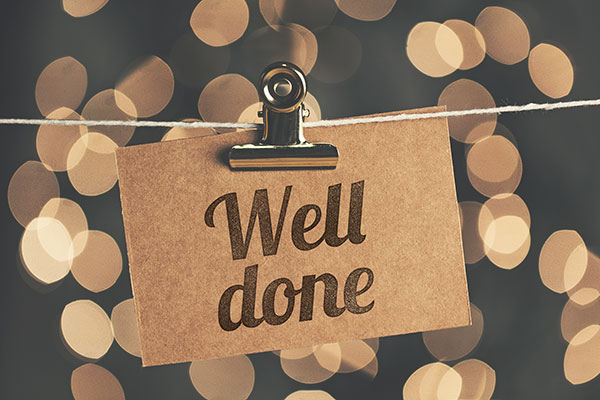
Alas, never.
Yes, there comes a time when the changes I make are minimal. That’s a finish of sorts. Or there comes a time when I can’t bear to look at the pages again. That too, is a form of finishing. Or, at least, pausing. Then there is that moment when the copyeditor reviews the work and calls for x number of changes. I do them. A kind of finishing. Or I have gone through galleys a few times and don’t—at that moment—change anything, except adding two commas. More often than not, in my experience, I am finished when my editor says, “Avi! We have a deadline to meet.” That said, I do not enjoy reading one of my published books—and rarely do so unless I need to—because I will always—always—find something that could have been made better.
Writing, in this sense, is a life-long exercise in frustration. Because it is also true that when I read works by authors I admire I rarely tell myself—oh, that could have been better. Those folks seem to get it all right. How come I don’t?
Part of the reason is that the novel I write comes out my thinking. And that thinking is often vague, or undefined, or even illogical. Yet I sit down and try to capture those notions in concrete sentences, logical plots, multi-faceted characters, characters well thought out. Then I take a break from my work and go for a walk and see someone walking with a stiff gait. “Ah! Of course. My character A walks like that.” Not exactly planned.
One gets a hint of this when hearing a young person retort, someone who is learning to write and is being challenged as to meaning, “Well I understand what I wrote.” What they are actually saying is “I know what I thought,” which differs from what they wrote.
What makes a writer a professional writer? I’ve long believed that it comes about when one writes for strangers. My wife is a very good reader, and provides excellent critiques of my work, but inevitably when she responds to my work she is also responding to me. How could she not?
A lot of my colleagues shun reading published reviews of their work, particularly online ones. I’ve even been encouraged by editors not to read those reviews. And it’s true, there are the dismissive ones (not to be confused with the critical ones) which tell you nothing. But I read reviews in hopes I will learn something. If twenty such reviewers say the book has an excessively slow start, they are probably right.
So how do you know if you have written well? If a hundred strangers think you have done a good job, you probably have.
But of course, there are books which, when published (Moby Dick, The Great Gatsby), are brushed aside only to roar back to literary life.
And what of those books that are at first lauded and then fade away?
Writing, a life-long exercise in frustration.
But enough of this. Time for me to go finish the book on which I’m working. Maybe.
3 thoughts on “When is a book done? And well done?”
I love the fact, Avi, that your comments are real and down to earth. I have collected and filed many of your blogs over the past three years. Thank you for sharing your thoughts about writing and “finishing.”
Sincerely,
Robin Beers
Question- Why do different countries have different book cover designs for the same book?
Different cultures, different publishing visions, different sense of design, different marketing